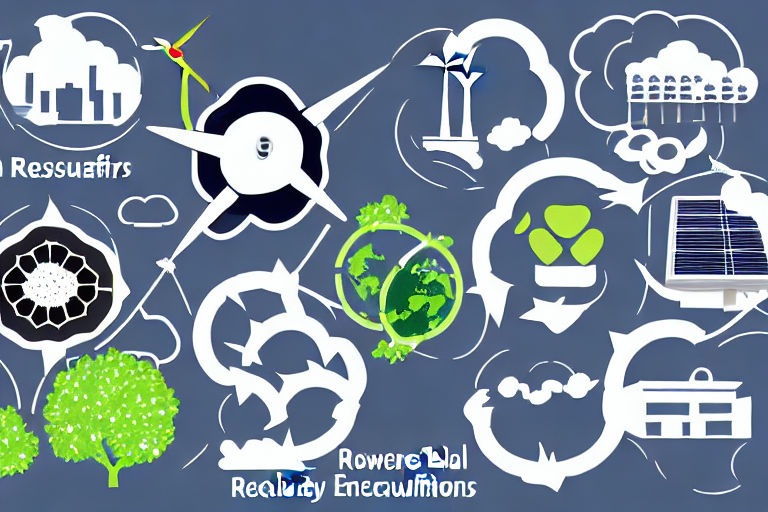The Benefits of Eating Organic: Why Sustainable Farming Matters
Eating organic food has become increasingly popular over the last few years, as people become more aware of the benefits of making healthier choices for their bodies and the environment. One of the essential aspects of the organic food movement is sustainable farming, which is an agricultural system that focuses on producing food in a way that is environmentally friendly, humane, and economically viable.
Better for Your Health
Organic farming practices focus on delivering nutrient-dense foods to consumers without the use of synthetic fertilizers, pesticides, herbicides, and genetically modified organisms (GMOs). These chemicals and synthetic compounds are often used in conventional farming practices to increase crop yield and reduce pests, but they can have negative health impacts on humans. Organic foods, on the other hand, are grown using natural fertilizers, crop rotation, companion planting, and other sustainable farming techniques that promote plant and soil health, which translates into better health outcomes for the consumers.
Better for the Environment
Sustainable farming practices are centered on protecting the environment by reducing soil and water pollution, preserving biodiversity, and conserving natural resources. These techniques include reducing the use of fossil fuels, such as diesel fuel, by using low-maintenance equipment, using renewable energy, such as solar and wind power, and reducing soil erosion by using cover crops and conservation tillage practices. All these practices enhance the natural ecological systems that are essential to sustaining life in the long-term and reducing the impact of climate change.
Support for Local Economies and Small Farms
Organic farming and sustainable agriculture practices help support local economies and small farms. The movement promotes the growth of small-scale, diversified farms with a focus on local production and consumption. This, in turn, leads to vibrant, local food systems that can support small businesses, reduce food miles, and create jobs. Farmers who adopt sustainable agriculture practices tend to focus on producing crops that are adapted to local conditions, which helps to diversify local food sources.
Conclusion
Eating organic food benefits your health, the environment, and local economies. It's a better, more sustainable way of producing food than conventional methods of farming. Sustainable farms use techniques that preserve the natural ecological systems, protect biodiversity, and reduce the impact of climate change, making them essential to the survival of future generations. Next time when you shop for food, consider buying organic, locally produced foods that support a more sustainable agricultural system and a healthier planet.



